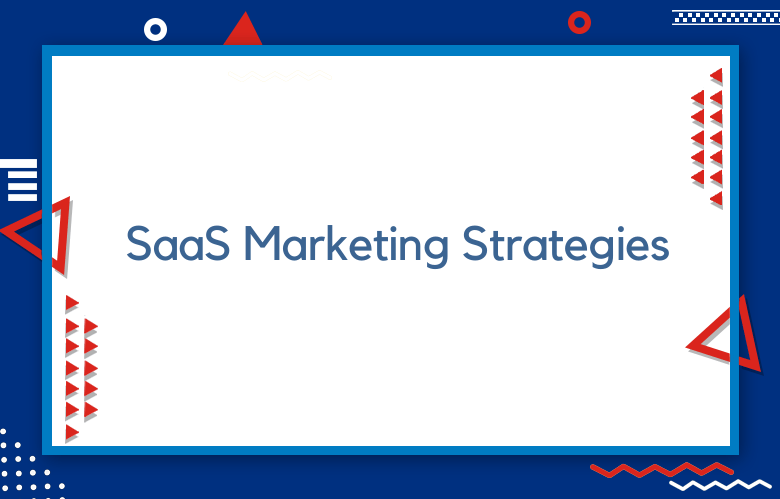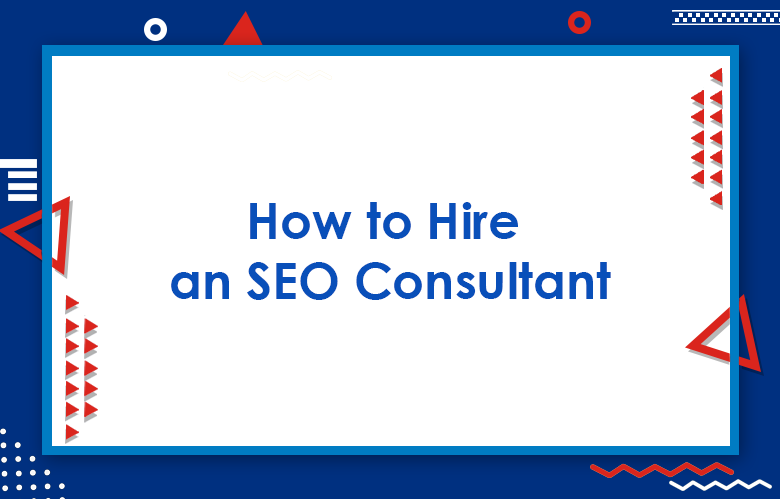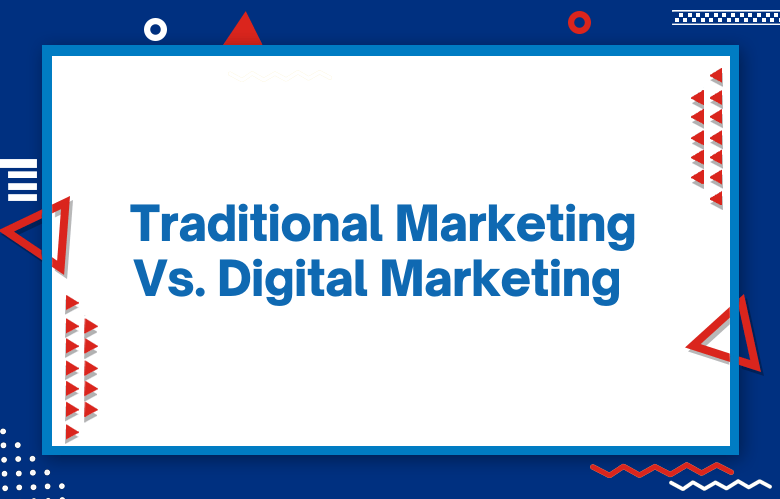SaaS Marketing Strategies to Grow Your Business

Several strategies can be used for your business. But what are the best marketing strategies for SaaS businesses? We will discuss different marketing strategies you can implement to help grow your SaaS business.
If you run a small business, you know that growing your company can be challenging. What if there is no way to do it without investing too much money or time? Well, there is! Thanks to the power of SaaS marketing strategies. In this blog post, we’ll explore some of the best ways to use SaaS marketing to grow your business.
SaaS Marketing Strategies to Grow Your Business
Companies will likely connect with customers directly instead of through agents like telemarketers. That means that companies must find ways to access and reach out to recipients. Some businesses may send e-mails to potential customers, while others may speak directly to them over the phone.
Software-as-a-service, or SaaS, marketing will occur “on-demand” in actual markets. SaaS products will become niche software services made for a market’s particular needs.
SaaS Marketing will be predominately automated and highly personalized. The Cloud will free marketing departments from buying third-party technology, enabling them to do more with less.
The marketing options for a small business to reach its target market will work very differently than it does today.
Instead of relying on other companies to sell goods to customers, companies will create their websites, provide their goods and services themselves, and create their client lists, including e-mail addresses and mobile phone contacts of potential customers, etc.
Creating and using enterprise-level marketing software to sell goods and services directly to those customers, running their social media pages like Facebook, Twitter, and blogs to obtain customers, and getting open-source marketing software to help sell and market goods and services directly to potential customers.
SaaS offerings will assume the form of virtual or Cloud computing. Instead of relying on local servers and software, SaaS-based business programs and services will operate on the Internet globally. This will not eliminate local servers but reduce the number because there would be one “server” for each region rather than one server per company.
Advertising will include not just the original advertisement but also secondary marketing that mentions the product, like an iTunes store, an Amazon widget on a book, etc., as well as secondary surveys, like iPad’s “What’s Hot.”
SaaS Marketing will focus less on the tools used to measure and analyze marketing outputs and more on optimizing the marketing process itself.
The “SaaS” model of connecting customers to applications over the Internet will push many industries to change how they do business.
SaaS marketing will combine search engine optimization and social media to get word of mouth, email marketing, and paid advertising.
The “publish and run” concept will be replaced by a new “publish and personalize era.”
SaaS marketing programs will rely more on an indirect sales model, using third parties engaged by the marketing program to create revenue for the vendor.
Artificial Intelligence will enable SaaS Marketing. Artificial Intelligence is a system that builds on a decision-making model based on machine-learned patterns (similar to the Watson platform).
Automated SaaS Marketing will be familiar. Repetitive and time-consuming marketing tasks will be replaced with self-serve services. And the marketing job will be a hybrid of marketing, technology, and customer support.
SaaS marketing will be a full-service, multi-channel marketing model involving direct-mail advertising, emails, mobile marketing, and pay-per-click search advertising.
Marketing will be even more contextual than it is today. Advertising, promotion, and how companies sell products might change and have different KPIs. Companies must rely on and trust their customers as a marketing channel for their products and services.
SaaS Marketing will include many customer engagement mechanisms and channels, including mobile, social, local, and on-demand customer service solutions.
The interaction between web-enabled devices will mean better sales because it will be easier to track buyers’ behavior and customize the buying experience.
The role of a software vendor will change from that of a product manufacturer to that of a virtual consultant for the customer. “Software as a Service” (SaaS), which the use of the Internet will widely use, refers to a software model for supporting a business or individual through a web browser. Advantage: The application is hosted on the vendor’s servers and uses Web infrastructure and services.
SaaS companies will compete for customers even before they know that they need the product or service. In other words, the SaaS company will be “seducing” the prospect into enrolling and, hopefully, eventually, buying.
STaaS (Social, Talent, and SaaS) will revolutionize business as we know it. It will alter the many existing marketing, sales, and service processes organizations carry out, and it will change the relationships between businesses, vendors, and consumers.
All marketing campaigns will be conducted using SaaS models. While businesses in the early years of SaaS focused on the technology infrastructure, in the future, SaaS products will focus on helping marketers create, launch, track, and optimize their campaigns.
SaaS customers will no longer be just recipients of marketing messages but rather the targets of marketing campaigns that will respond not simply to a stream of marketing messages but join in the conversation.
Analysts predict the “SaaS Movement” will spread from IT with offerings to rent applications in the Cloud. The first mainstream SaaS application will be Marketing, primarily because Marketing is used to create leads and nurture those leads into sales.
SaaS companies will pair product sales with customer experience marketing services. By offering services such as customer support and customer analytics, companies will improve their profits while increasing customer engagement.
All media will be SaaS-enabled. This assumes that consumers will continue to seek new media, obtain multiple sources of information, evaluate this information, and make decisions based on their information.
Conclusion
If you’re looking for a way to market your SaaS business, we have the tools and resources to help. We offer marketing consulting services tailored specifically to the needs of SaaS companies so they can grow their revenue and increase customer acquisition. Reach out today for more information about our strategies or how we work with clients!
Call: +91 9848321284
Email: [email protected]



